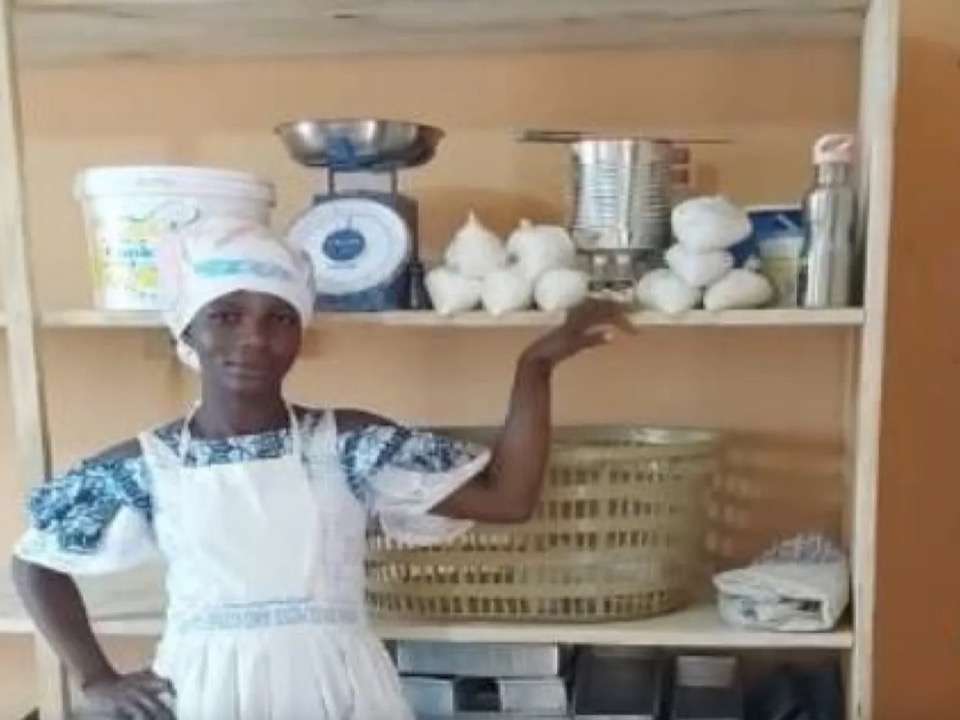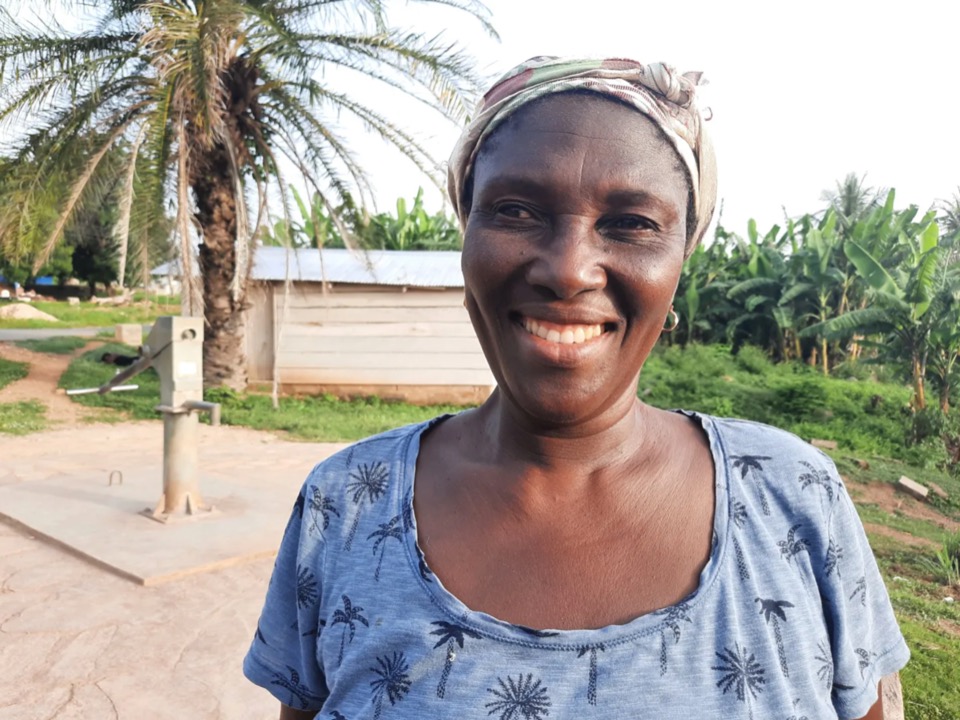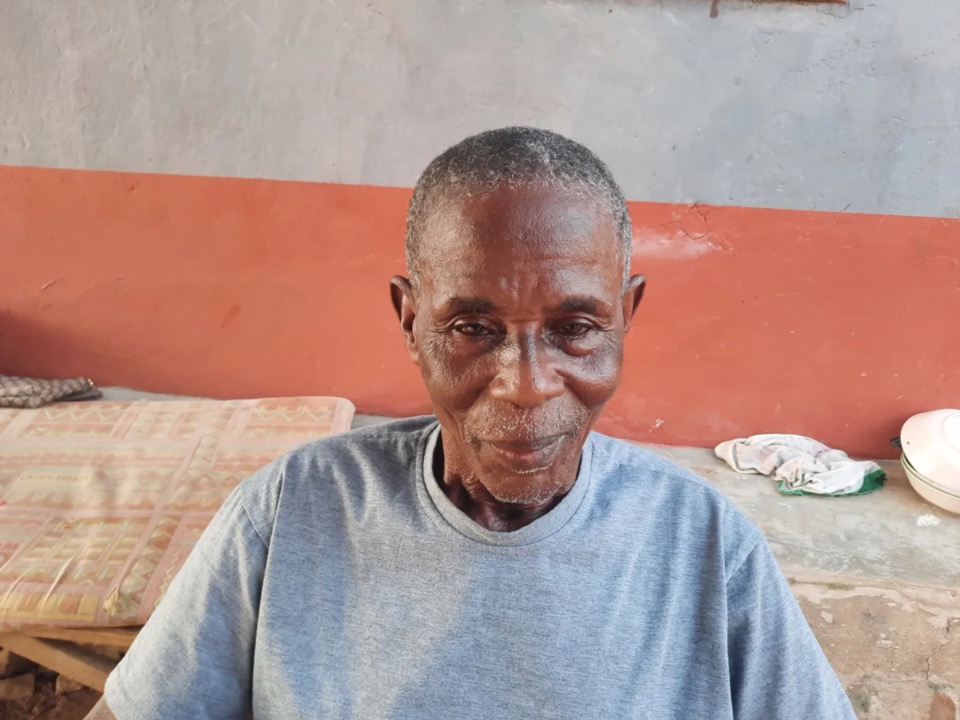
This story appears here courtesy of TheChurchNews.com. It is not for use by other media.
By Mary Richards, Church News
Naomi Osabutey struggled to provide for her family of five children at her home in Ghana until she went through training from The Hunger Project. She learned to make bread, and it’s now the primary source of her income.
Patience Nugba-Yiyiava is a farmer in Ghana. Before she had training, she didn’t see the importance of growing vegetables because she didn’t see any economic value in selling them. Now she can say that there is money in vegetable production after learning how to properly grow vegetables.
The Hunger Project is a nonprofit organization with a mission to end hunger and poverty by pioneering sustainable, grassroots, women-centered strategies. They believe each program should start with women, mobilize communities and engage government.

The Church of Jesus Christ of Latter-day Saints is helping fund these efforts in Ghana. Megan Nykyforchyn-Clark, senior director of new business development with The Hunger Project, told the Church News about the collaboration.
“We are so thankful for the investment [of the Church] that encourages community members like Naomi and Patience to become more self-reliant,” she said. “We value this partnership and our shared approaches which invest in individuals and families’ dignity and ability to care for themselves and their households.”
Most of Ghana’s poor live in rural areas without access to safe drinking water, and many are small-scale or smallholder farmers. The farms depend on outdated tools and lack access to improved seeds and fertilizers.
Food in Ghana is particularly vulnerable to price shocks, which can often make basic products unaffordable, explained The Hunger Project’s website information for Ghana. The COVID-19 pandemic also made these conditions worse.
In their mission to end chronic hunger, The Hunger Project developed and implemented an approach called the Epicenter Strategy. This brings together a cluster of villages to create one center of community mobilization and action, with a physical building in which to meet and elected committees to help implement programs.
The process allows the villagers to design a path to their own development and self-reliance, with a community-led vision for each epicenter. The goal is to eventually operate at a profit.
The Hunger Project has established 45 of these epicenters throughout Ghana — reaching 450 communities and a population of 350,000 people. To date, 18 of those 45 epicenters have reached self-reliance.

Screen-Shot-2022-08-15-at-1.18.57-PM.png
Wilson Yao Deh is a chairman at the Tokome Epicenter in Ghana, Africa, an effort from The Hunger Project with funding from The Church of Jesus Christ of Latter-day Saints. Photo courtesy of The Hunger Project, courtesy of Church News.All rights reserved.
Wilson Yao Deh is a chairman at the Tokome Epicenter. Through the project, he has learned how to utilize plots in his backyard to grow vegetables. He uses the produce for domestic use and to improve the health of his family.
His story is an example of what the Hunger Project — through the Church’s support — is hoping to accomplish: Helping men, women and children lead healthy, fulfilling lives of self-reliance and dignity.
Copyright 2022 Deseret News Publishing Company.